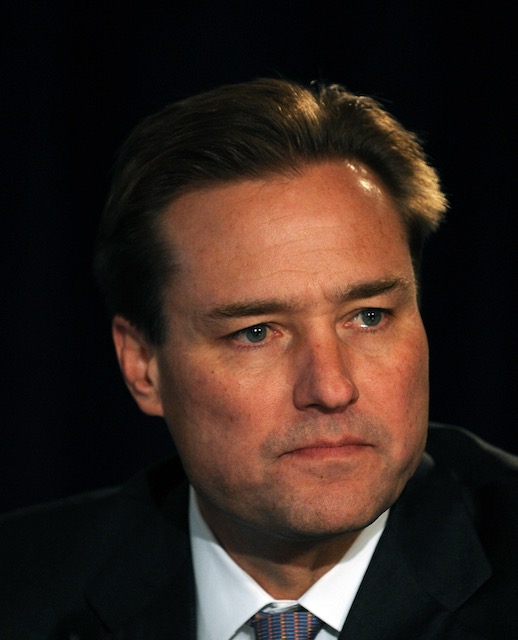Should Mark Bly Have Said No to Leading a Limited Investigation?

Mark Bly accepted the challenge of leading the investigation into the Deepwater Horizon accident for BP. But he took the job with the limitation that his team would only look at the direct causes – not senior management’s influence on the accident.
“On Thursday, Mark Bly, BP’s executive vice president for safety and operational risk, who led the company’s post-spill internal investigation, took the stand and defended the company’s decision not to look into high-level policy decisions and the fact that the operation was $60 million over budget as contributing factors to the incident.”
The article continued quoting Bly:
“‘When we started, we were tasked to getting answers as quickly as we could,” Bly said.
“We did have the option to try to go further, but at that point in time … it would have been very difficult to do that.”
What was the ethical course? To do a limited investigation that some have said was to blame the contractors? Or to demand a full investigation, perhaps done in phases, that got to the truth?
“A BP policy says accident investigations should include attempts to identify any ‘systemic failures within the management system.” Bly, however, said he and then-BP chief executive Tony Hayward got an exception to the policy and decided at the outset not to attempt a broader probe.
The article continued with:
“Bly didn’t explain how they got the exception, but he said the policy allowed for one under certain circumstances. The potential for litigation, the nature of other accident investigations, and the involvement of other companies were factors in seeking the exception, he testified.”
What do you think? What ethical responsibility does a company investigator have?
Here is a CSPAN video of a UK hearing about the spill. Mark defends the investigation.
https://www.c-span.org/video/?295476-1/deep-water-drilling-safety



